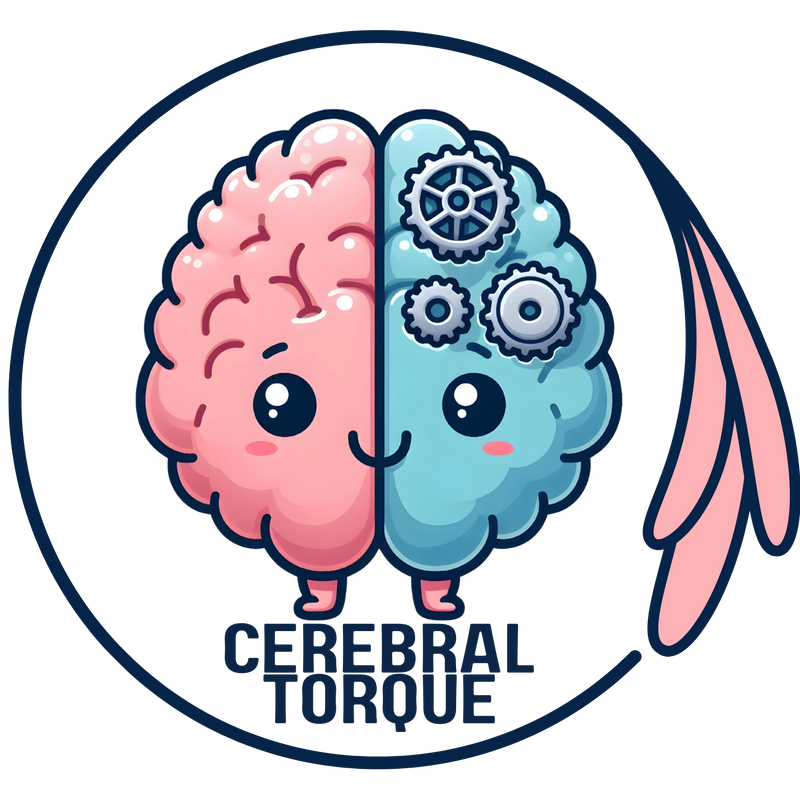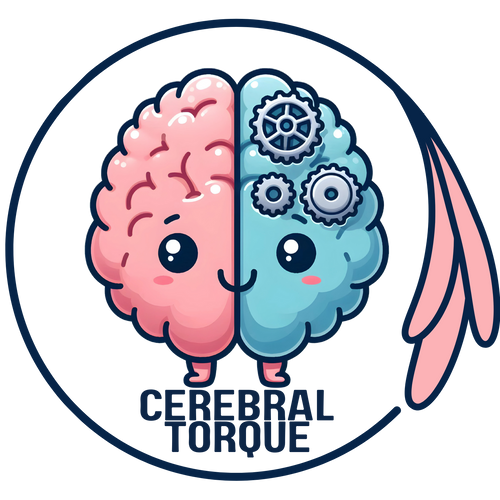They say the eyes are windows to the soul, but they may also be a window to migraine disease
Posted on September 25 2023,
We know the cornea is highly innervated by sensory fibers of the trigeminal nerve. We also know that the sensory fibers of the trigeminal nerve are involved in migraine pathogenesis. Furthermore, previous studies found differences in corneal nerve pathology in migraine pateints vs controls. So the researchers behind this study wanted to see if analyzing corneal nerve fiber density (CNFD) and conreal nerve fiber length (CNFL) would allow us to use these attributes of corneal nerve morphology as a biomarker in determining migraine frequency and response to treatment.
Study: https://pubmed.ncbi.nlm.nih.gov/37740579/
The study included 25 migraine patients and 25 controls with no migraine. Migraine patients had diagnoses of episodic migraine (EM), chronic migraine (CM), or were previously CM and are now EM. They excluded patients that had conditions that may also impact corneal nerve pathology, including those with diabetes, multiple sclerosis, b12 deficiency, etc.
Corneal confocal microscopy was used to image the central and inferior whorl regions in both eyes and software quantified corneal nerve fiber density and length.
They found significant reductions in CNFD and CNFL in the inferior whorl region in CM patients compared to EM and controls. There was no difference between EM and previously CM groups. This means that the nerves regenerated in patient that were able to effectively treat their migraine (take that chronification!).
So we now have evidence that corneal confocal microscopy can detect neuropathic changes in the eyes of migraine patients- with the inferior whorl region being the most sensitive (although they only tested 2 regions. I would have liked if they imaged other regions). We also know these changes correlate with migraine frequency as there was no differences between EM patients and patients that were previously chronic.
This suggests that it's possible to use corneal confocal microscopy as a biomarker for migraine and have an objective method for detecing response to treatment and disease progression. This will also give us a better method to conduct studies on new and old treatments to better understand their effectiveness for chronic migraine.
Wed, Jan 14, 26
New Emergency Department Migraine Treatment Guidelines
The American Headache Society (AHS) has released its 2025 guideline update for the acute treatment of migraine in adults presenting to the emergency department. This update, published in Headache in...
Read MoreSun, Jan 04, 26
Long-Term Safety of Anti-CGRP Monoclonal Antibodies
A comprehensive meta-analysis of over 4,300 patients reveals that erenumab, galcanezumab, fremanezumab, and eptinezumab maintain good tolerability beyond 12 months. Only 3% of patients stopped treatment due to adverse events,...
Read MoreThu, Jan 01, 26
Alternate Nostril Breathing Protocol for Migraine
Alternate nostril breathing is a simple yogic technique that's showing real promise for migraine prevention. Unlike acute treatments, this practice builds nervous system resilience over time - making attacks less...
Read More


